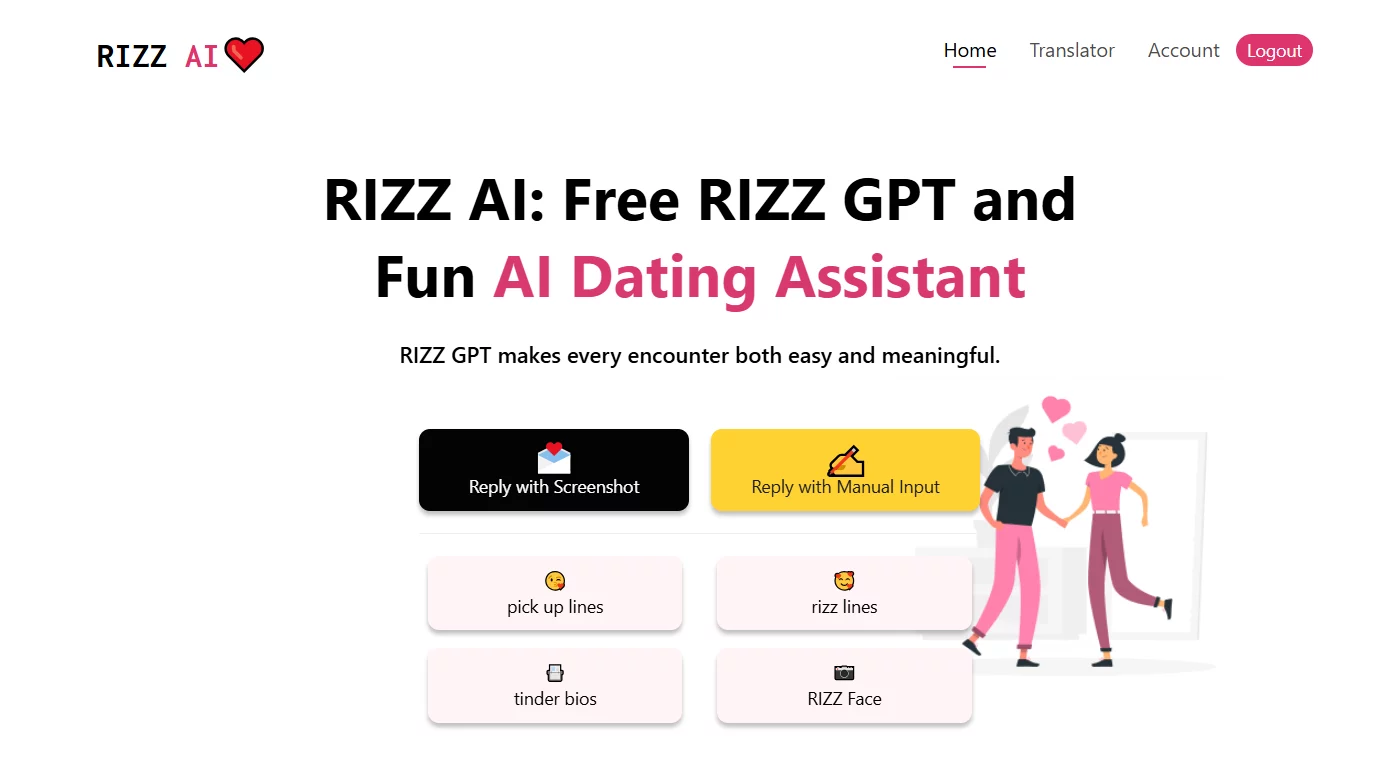Recently, OpenAI, an artificial intelligence (AI) startup, reached a trial date agreement with Elon Musk, the world’s richest person, regarding OpenAI’s transition to a for-profit entity. According to court documents cited by Reuters on Saturday, March 15, both parties agreed to expedite the trial process and proposed that it take place in December of this year.
However, it remains unclear whether the case will be heard by a jury or solely by a judge. This specific detail still requires further negotiation between the two sides.
Looking back, Musk co-founded OpenAI in 2015 alongside Sam Altman, the company's current CEO. However, before the rise of generative AI, Musk left OpenAI and subsequently established a competing startup, xAI.
In 2024, Musk filed a lawsuit against OpenAI and Altman, accusing the company of straying from its original mission as a nonprofit organization dedicated to serving humanity. In response, Altman and his company firmly denied the allegations, accusing Musk of attempting to disrupt a competitor's progress.
OpenAI argued that transitioning to a for-profit model is crucial for raising funds, advancing technology, and gaining an edge over other AI companies. Last year, OpenAI successfully raised $6.6 billion in funding and plans to secure up to $40 billion more. However, these funds are contingent upon OpenAI successfully breaking free from the control of its nonprofit structure.
Last month, Musk and other investors proposed acquiring control of OpenAI for $97.4 billion, but the offer was rejected by the board. This event further escalated tensions between the two sides.
Meanwhile, last week, OpenAI submitted a series of policy proposals to the White House aimed at maintaining U.S. competitiveness in the AI field. These proposals include urging the federal government to prioritize AI-related legislation over state laws and granting the federal government access to AI models to ensure safety and testing capabilities. Christopher Lehane, OpenAI’s Chief Global Affairs Officer, noted in comments submitted to the White House Office of Science and Technology Policy that these policy proposals would strengthen U.S. leadership in AI while promoting economic growth, competitiveness, and national security.
In addition, OpenAI proposed that the federal government develop an export control strategy to limit the flow of AI technology to potential competitors like China while enhancing exports to democratic nations. This proposal has sparked widespread attention and discussion within the industry.
As the trial date approaches and OpenAI submits its policy proposals, the disputes and competition between the two sides are expected to intensify. Moving forward, how OpenAI will maintain its technological edge while navigating legal battles and policy challenges will remain a focal point of industry attention.








